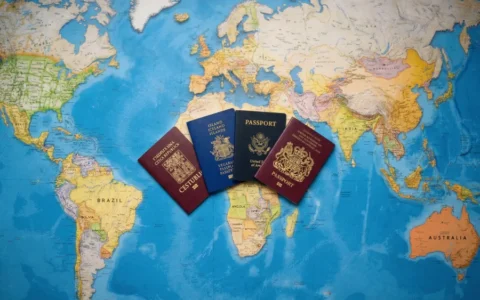The Dutch government has made a pivotal decision to discontinue its “golden visa” program, which will take effect from the start of 2024. This program has been in place since 2013 with the goal of drawing affluent foreigners to invest in the Netherlands, thereby granting them residency rights. The termination of this scheme was disclosed by the Immigration and Naturalisation Service in the Netherlands (IND), as reported by Schengen Visa Info.
Introduced a decade ago to bolster economic growth, the golden visa scheme in the Netherlands has not met expectations, leading to a revision in 2018 aimed at enhancing its attractiveness. It required non-EU nationals to invest a minimum of 1.25 million euros in the Dutch economy. To qualify, investors must satisfy several conditions, including having a valid travel document, ensuring they are not a threat to public safety or national security, and passing a tuberculosis screening upon their arrival in the Netherlands.
Investments are to be funneled into a Dutch business entity or a fund that aligns with the SEED initiative, according to the Ministry of Economic Affairs. This could be through venture companies or joint ventures that lead to investment in Dutch firms.
The evaluation of applicants was conducted via a points-based system, which favored those who could fulfill two out of three specified conditions: job creation, innovation contribution, or the provision of non-financial value such as expertise or active engagement in a Dutch company. Additionally, the origin of the investment funds must be verifiable and lawful, and applicants should have a clean legal record with respect to immigration and the accuracy of information provided in past permit applications.
The European Union has been working to tighten controls over investment-based residency programs, and the discontinuation of the Netherlands’ golden visa program reflects this broader trend. Despite the ongoing debate and calls for the abolition of such schemes, they remain popular, with countries like Spain, Portugal, and Greece continuing to offer residency and citizenship through investment. The Dutch decision, therefore, underscores the complex interplay of economic incentives and geopolitical considerations that these programs embody.








